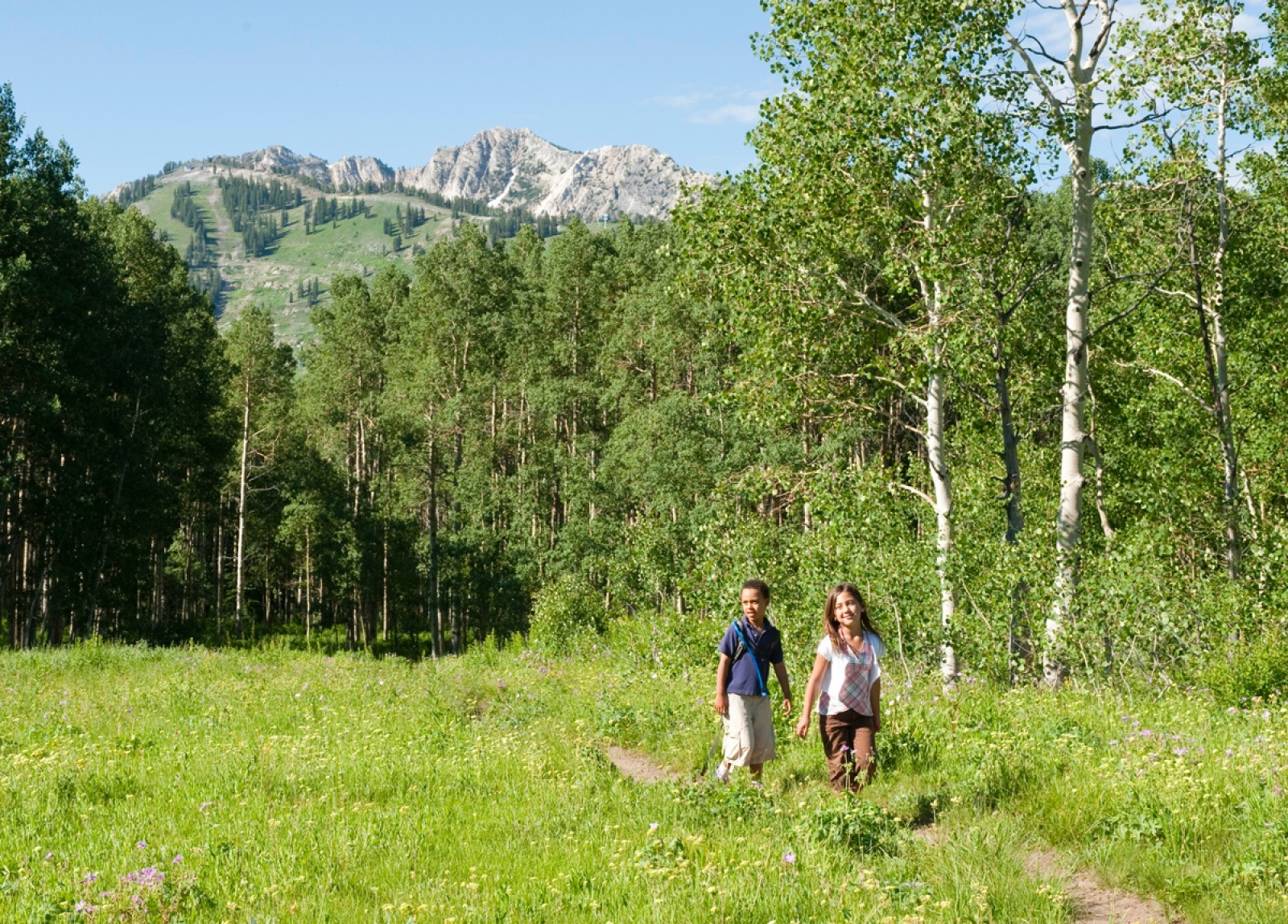Last Friday, I was lucky enough to represent Save Our Canyons at Utah’s chapter of the Global Climate Strike. The Global Climate Strike, a creation of the international Fridays For Future movement, is a youth-led cry for immediate and direct action against climate change from world leaders. Tired of hearing empty promises made by those with the authority to make change, youth around the world gathered on Friday, March 19th. Some key points? Ending investment in fossil fuel development, designing just and equitable climate policies, and preserving democracy so people have a say in how their futures are handled.
In a global tradition started by Greta Thunberg in 2018, a handful of Utah students have been skipping school and protesting climate inaction outside the state capitol every Friday. On March 19th, they were joined by over one hundred fellow students and community members to march from Washington Square Park to the Utah State Capitol with signs and posters demanding action.
Once at the capitol, the group gathered to listen as middle and high school students gave speeches about how climate change will affect their future. The sound system was powered by three bicycles on the capitol steps, and students and audience members peddled in shifts to amplify the powerful voices of youth.
In one compelling speech, student and event organizer Raquel Juarez introduced a petition to Governor Cox demanding that he listen to the concerns of youth in policy that affects their futures. The petition urged Cox to ban fossil fuel development and investment in Utah. Juarez collected signatures from those gathered at the event and delivered her petition to Cox’s office on Friday afternoon.
Local environmental organizations, including Save Our Canyons, Southern Utah Wilderness Alliance, and Divest U, a University of Utah student run organization calling for the U’s divestment in fossil fuels, tabled outside the capitol and made their causes heard.
In the Central Wasatch, we are living the effects of climate change clearly in shorter winters, weaker snowpacks, and a loss of biodiversity in the mountains we love and cherish. Some of our favorite recreational opportunities will be diminished. Moving forward, we must follow the lead of youth, those who will feel the effects of climate change most profoundly as we progress into the future.


